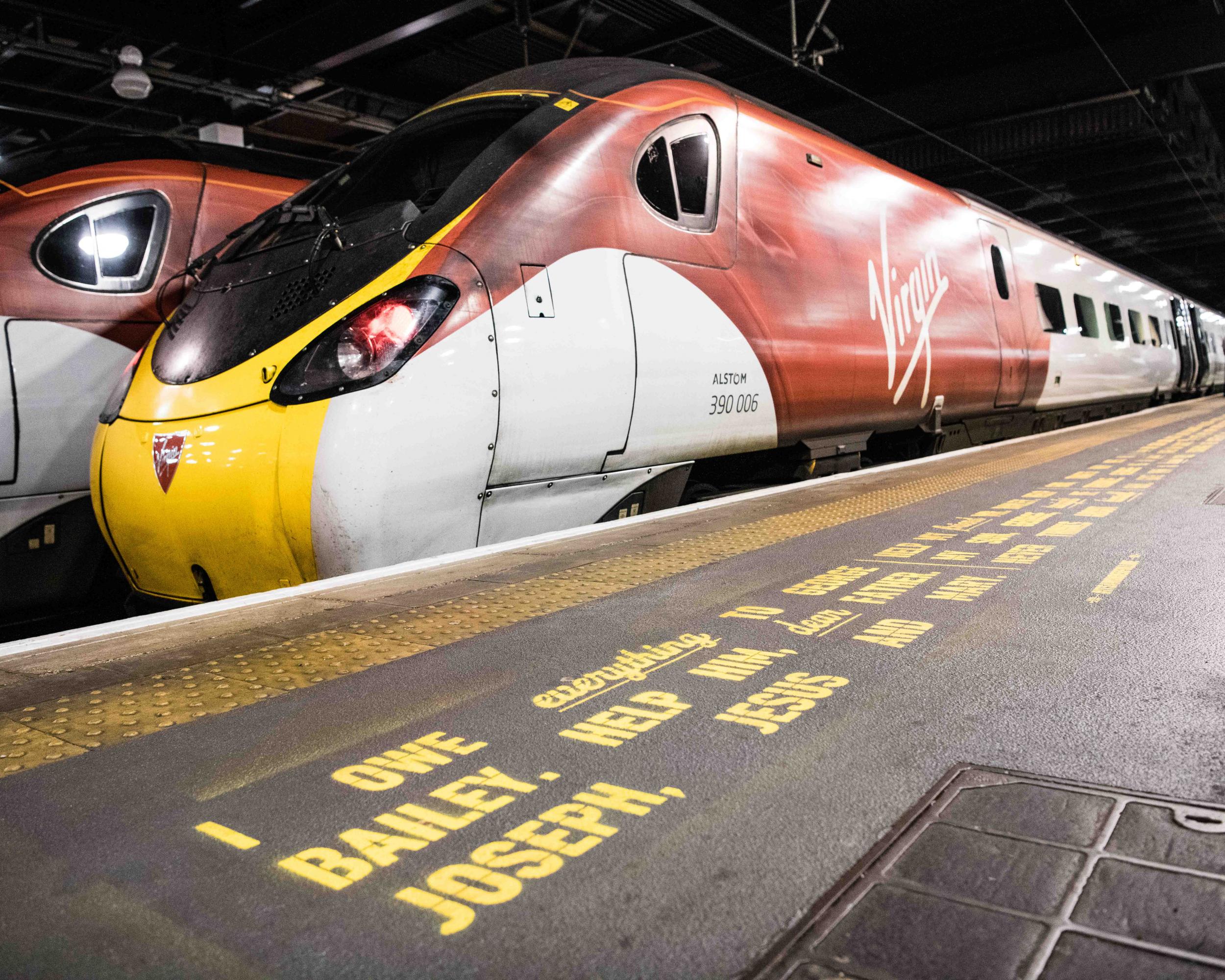Rail fares: Passengers' outrage at the latest announced increase is justified
The railways receive a lot of public money, but the system provides a poor return on that investment

Your support helps us to tell the story
From reproductive rights to climate change to Big Tech, The Independent is on the ground when the story is developing. Whether it's investigating the financials of Elon Musk's pro-Trump PAC or producing our latest documentary, 'The A Word', which shines a light on the American women fighting for reproductive rights, we know how important it is to parse out the facts from the messaging.
At such a critical moment in US history, we need reporters on the ground. Your donation allows us to keep sending journalists to speak to both sides of the story.
The Independent is trusted by Americans across the entire political spectrum. And unlike many other quality news outlets, we choose not to lock Americans out of our reporting and analysis with paywalls. We believe quality journalism should be available to everyone, paid for by those who can afford it.
Your support makes all the difference.After a miserable year for those who use Britain’s railways, here comes a kick in the teeth: the Rail Delivery Group, made up of the privatised rail companies, has announced that fares will rise by an average of 3.1 per cent next year.
This applies to the 55 per cent or so of fares that aren’t regulated by the government. Regulated fares, meanwhile, are linked to retail price index inflation and will rise by 3.2 per cent, as has previously been announced.
Regardless of whether they buy regulated or unregulated tickets, the lot of users is not a happy one. They pay through the nose for a shabby service prone to widespread disruption.
The near meltdown that followed the introduction of new timetables earlier this year brought publicity to the problem. But just as serious is the constant low-level pain inflicted upon passengers. No wonder the announcement left them, and their representatives, spitting tacks.
The backdrop to this is the government’s policy of having taxpayers spend less subsidising the railways, with the burden being shifted on to the fare-paying public.
At first blush, that would seem like a credible plan, and even more so when you look at the numbers.
According to Full Fact, the fact checking charity, the railways have received subsidies averaging about £5bn a year over the last five years.
But that’s just the start of it when it comes to public money. In 2016-17 about £15bn was spent in total, partly due to the way Network Rail, which owns and operates the tracks and infrastructure, is funded.
Wanda Wyporska of the Equality Trust made the point in The Guardian last year that this spending is weighted disproportionately towards London and the southeast, and so favours well-to-do commuters. She argued that the government should focus on poorer areas and transport used by the less well-off, such as buses and trams. She made a good point.
However, I would argue that one needs to look at rail in the context of an integrated transport policy that serves the needs of the nation, and its economy, as a whole.
Rail, which has seen a sharp increase in passenger numbers and requires investment to cope with them, plays an important role in keeping people off Britain’s congested, polluting roads. Through that lens, the money is well spent.
None of this changes the fact that the private rail operators have done a rotten job. Given what they’ve experienced, and what they pay for it, passengers’ outrage is entirely justified.
At times like this, rail companies are fond of pointing out that 98p out of every £1 in fares goes into running the railways and that the extra money is needed to keep the show on the road.
Jeremy Corbyn’s nationalisation plans, however, hold out the prospect of bringing that to 100 per cent. Support for them can only grow when a fare increase like this one is wedded to the next bout of disruption – and people start looking at Europe, where services are cheaper and better, with envious eyes. They will wonder whether it’s the system here that is at fault.
The way to address Wyporska’s entirely valid concerns, meanwhile, is to invest more in public transport full stop, and in putting more money in the pockets of the poor through doing so. There are economic benefits to be had from this, beyond the fact that it’s the right thing to do.
One way to further the aim of a better railway, and cheaper transport for the poor, would be to stop coddling motorists with fuel duty freezes.
Join our commenting forum
Join thought-provoking conversations, follow other Independent readers and see their replies
Comments